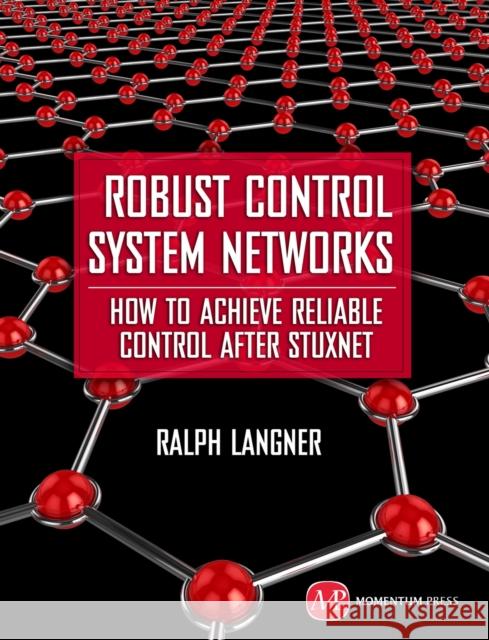Robust Control System Networks: How to Achieve Reliable Control After Stuxnet » książka
Robust Control System Networks: How to Achieve Reliable Control After Stuxnet
ISBN-13: 9781606503003 / Angielski / Twarda / 2011 / 222 str.
From the researcher who was one of the first to identify and analyze the infamous industrial control system malware "Stuxnet," comes a book that takes a new, radical approach to making Industrial control systems safe from such cyber attacks: design the controls systems themselves to be "robust." Other security experts advocate risk management, implementing more firewalls and carefully managing passwords and access. Not so this book: those measures, while necessary, can still be circumvented. Instead, this book shows in clear, concise detail how a system that has been set up with an eye toward quality design in the first place is much more likely to remain secure and less vulnerable to hacking, sabotage or malicious control. It blends several well-established concepts and methods from control theory, systems theory, cybernetics and quality engineering to create the ideal protected system. The book's maxim is taken from the famous quality engineer William Edwards Deming, "If I had to reduce my message to management to just a few words, I'd say it all has to do with reducing variation." Highlights include: - An overview of the problem of "cyber fragility" in industrial control systems - How to make an industrial control system "robust," including principal design objectives and overall strategic planning - Why using the methods of quality engineering like the Taguchi method, SOP and UML will help to design more "armored" industrial control systems.
From the researcher who was one of the first to identify and analyze the infamous industrial control system malware "Stuxnet," comes a book that takes a new, radical approach to making Industrial control systems safe from such cyber attacks: design the controls systems themselves to be "robust." Other security experts advocate risk management, implementing more firewalls and carefully managing passwords and access. Not so this book: those measures, while necessary, can still be circumvented. Instead, this book shows in clear, concise detail how a system that has been set up with an eye toward quality design in the first place is much more likely to remain secure and less vulnerable to hacking, sabotage or malicious control. It blends several well-established concepts and methods from control theory, systems theory, cybernetics and quality engineering to create the ideal protected system. The books maxim is taken from the famous quality engineer William Edwards Deming, "If I had to reduce my message to management to just a few words, Id say it all has to do with reducing variation." Highlights include: - An overview of the problem of "cyber fragility" in industrial control systems - How to make an industrial control system "robust," including principal design objectives and overall strategic planning - Why using the methods of quality engineering like the Taguchi method, SOP and UML will help to design more "armored" industrial control systems.











